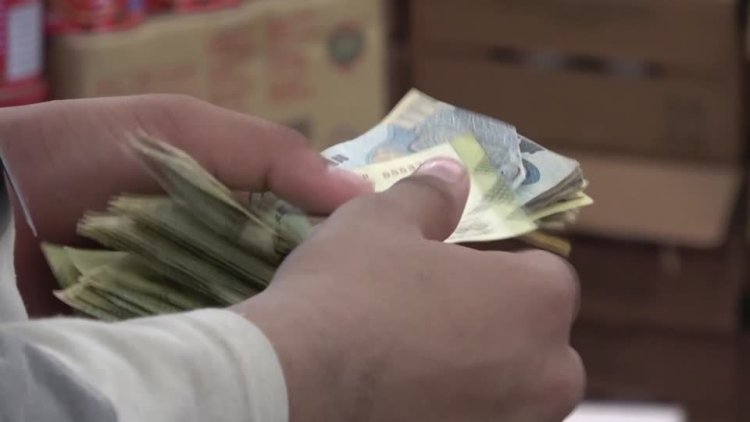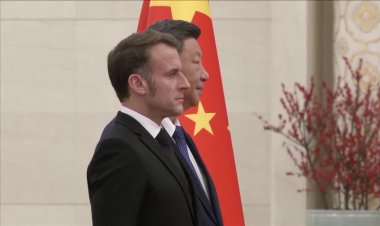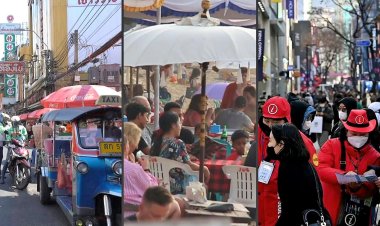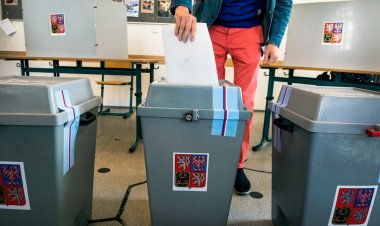Yemen's economic divide deepens during Ramadan

As Yemenis observe Ramadan, the country’s economic division casts a long shadow over their daily lives.
The split between Houthi-controlled territories in the north and government-controlled areas in the south has created a parallel currency system that residents say amplifies poverty and exacerbates the challenges of an already dire humanitarian crisis.
The economic divide has led to severe disparities in exchange rates, purchasing power, and access to basic goods. For many Yemenis, these issues are especially painful during Ramadan, when traditions of generosity and communal meals clash with the grim reality of skyrocketing prices and depleted incomes.
Since the conflict erupted in 2014, Yemen’s economy has fractured along political lines. In January 2020, the Houthi movement which controls the capital Sanaa outlawed the use and possession of crisp new Yemeni riyal bills issued by its rivals in the internationally recognised government based in the southern port town of Aden.
This move has effectively split Yemen into two monetary systems, with different exchange rates for the Yemeni riyal in the north and south.
The Houthis, who only allowed the circulation of the old bills in their areas, defended the ban as a move against inflation and what they call rampant money-printing by the government.
In 2020, the government branded the ban an act of economic vandalism. And the population, as ever, has been left stuck in the crossfire.
After the Houthis stormed the capital Sanaa in 2014 and ousted the government of President Abd Rabbu Mansour Hadi, Yemen's central bank split into two branches - one in Sanaa, under Houthi control, and one internationally recognised branch in Aden, which has access to money printers.
The Aden authorities have defended their decision to step up the printing of new money from 2017, saying it was an attempt to deal with a building cash crunch and pay public sector salaries.
The Houthis have defended their ban as a way of defending the value of the currency.















